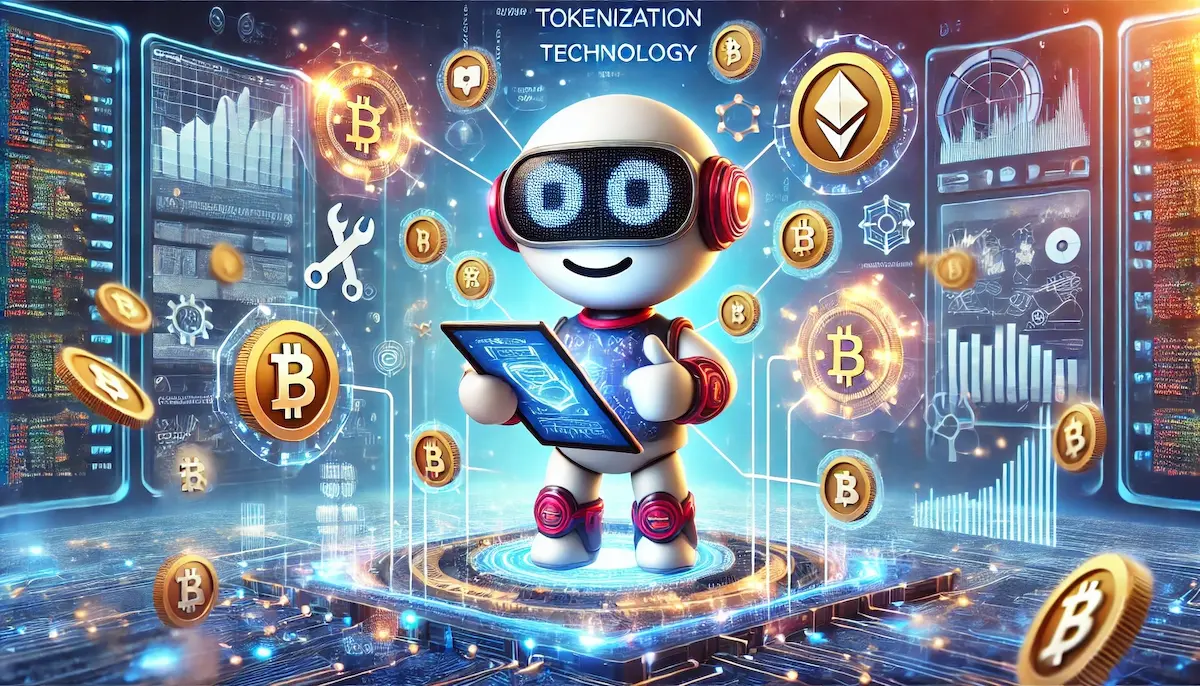As digital transactions and data sharing become more prevalent, the need to secure sensitive information is increasingly critical. One of the key technologies used to protect data is tokenization. Tokenization transforms sensitive data into non-sensitive tokens that can be safely used and stored without risking the exposure of the original data.
What is Tokenization?
Tokenization is the process of replacing sensitive data, such as credit card numbers, social security numbers, or personal identification information, with unique identifiers called tokens. These tokens have no meaningful value on their own and cannot be reverse-engineered to reveal the original data. The actual sensitive data is securely stored in a separate location, often referred to as a token vault, which is accessed only when necessary.
How Does Tokenization Work?
Tokenization involves substituting sensitive data with a token that serves as a reference to the original data but is meaningless if intercepted. Here’s how the process generally works:
- Data Collection: When sensitive information is collected, such as during a payment transaction, the data is immediately sent to a tokenization system.
- Token Generation: The system generates a token, which is a randomized or uniquely mapped value that replaces the original data.
- Token Storage: The sensitive data is securely stored in a token vault, a specialized database that links the token to the original data.
- Token Usage: The token is used in place of the sensitive data for processing, storage, or transmission. If access to the original data is needed, authorized systems can retrieve it from the token vault using the token as a reference.
Benefits of Tokenization
Tokenization offers several benefits that make it an attractive option for data security:
1. Enhanced Security
Since tokens are meaningless outside of the tokenization system, they are of no value to hackers even if intercepted. This reduces the risk of data breaches.
2. Regulatory Compliance
Tokenization helps organizations comply with data protection regulations such as PCI DSS (Payment Card Industry Data Security Standard) by minimizing the exposure of sensitive information.
3. Simplified Audits
Because tokenization reduces the amount of sensitive data stored within an organization’s systems, it simplifies compliance audits and reduces the scope of security requirements.
4. Data Utility
Tokens can be used in the same way as the original data for most purposes, such as analytics, testing, or reporting, without exposing sensitive information.
Tokenization vs. Encryption
While both tokenization and encryption are used to protect data, they operate differently and serve different purposes:
- Encryption: Transforms sensitive data into a secure format that can be reverted to its original form using a decryption key. It is ideal for protecting data in transit or at rest, but encrypted data can still be vulnerable if the encryption key is compromised.
- Tokenization: Replaces sensitive data with tokens that have no direct mathematical relationship to the original data. Unlike encryption, tokens cannot be decoded back to the original data without access to the token vault, making it a robust solution for protecting data in use.
Challenges of Tokenization
While tokenization is highly effective, it comes with some challenges:
- Token Vault Security: The token vault, where the sensitive data is stored, must be extremely secure, as it becomes a high-value target for attackers.
- System Integration: Implementing tokenization requires integration with existing systems and processes, which can be complex and require careful planning.
- Performance: Depending on the implementation, tokenization can introduce some performance overhead, especially if tokens are frequently accessed or generated in large volumes.
Conclusion
Tokenization technology is a powerful tool for protecting sensitive information in an increasingly digital world. By replacing sensitive data with tokens, organizations can significantly reduce the risk of data breaches, comply with regulations, and ensure that sensitive information remains secure while still being able to use it effectively.
Blockfine thanks you for reading and hopes you found this article helpful.
